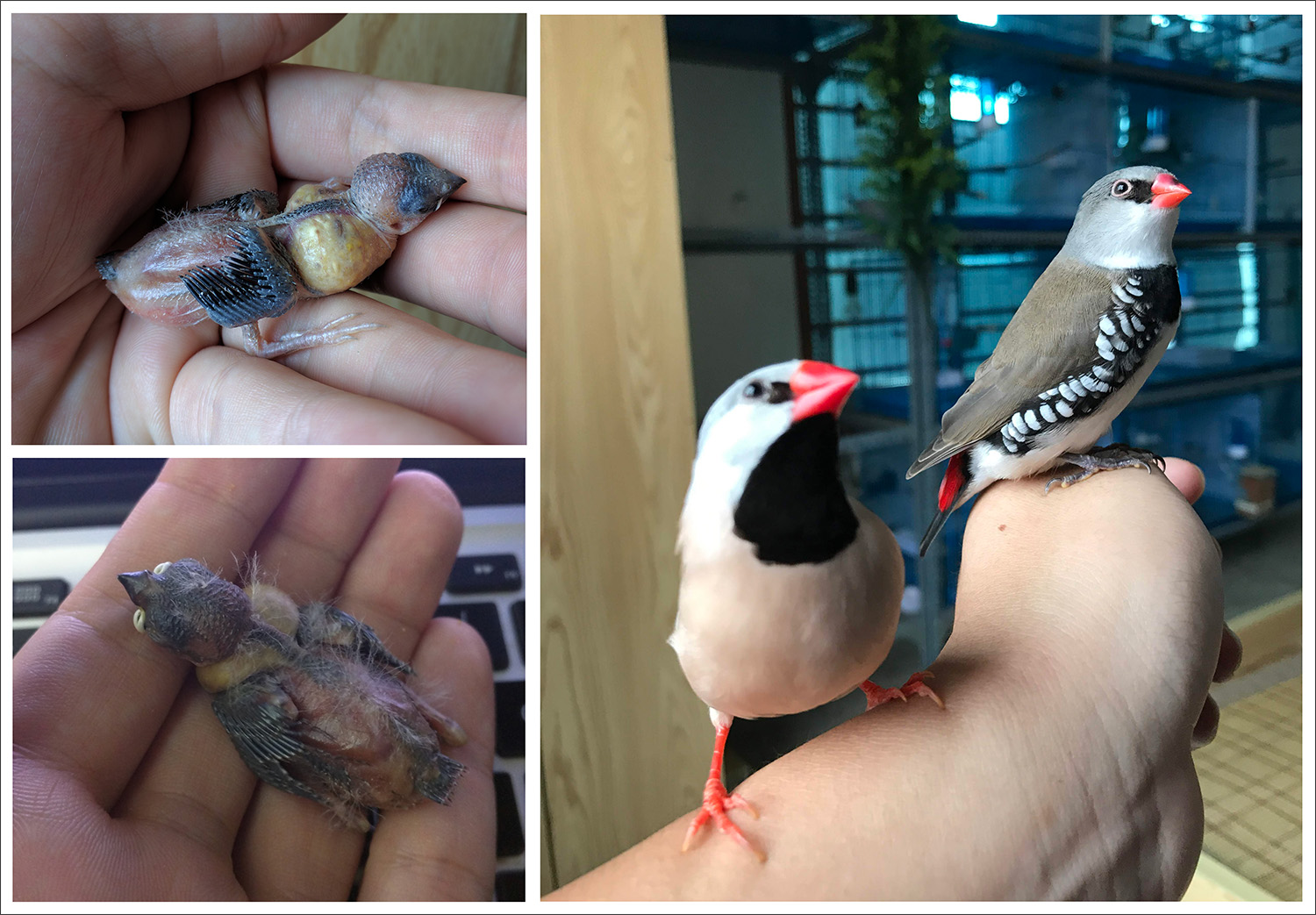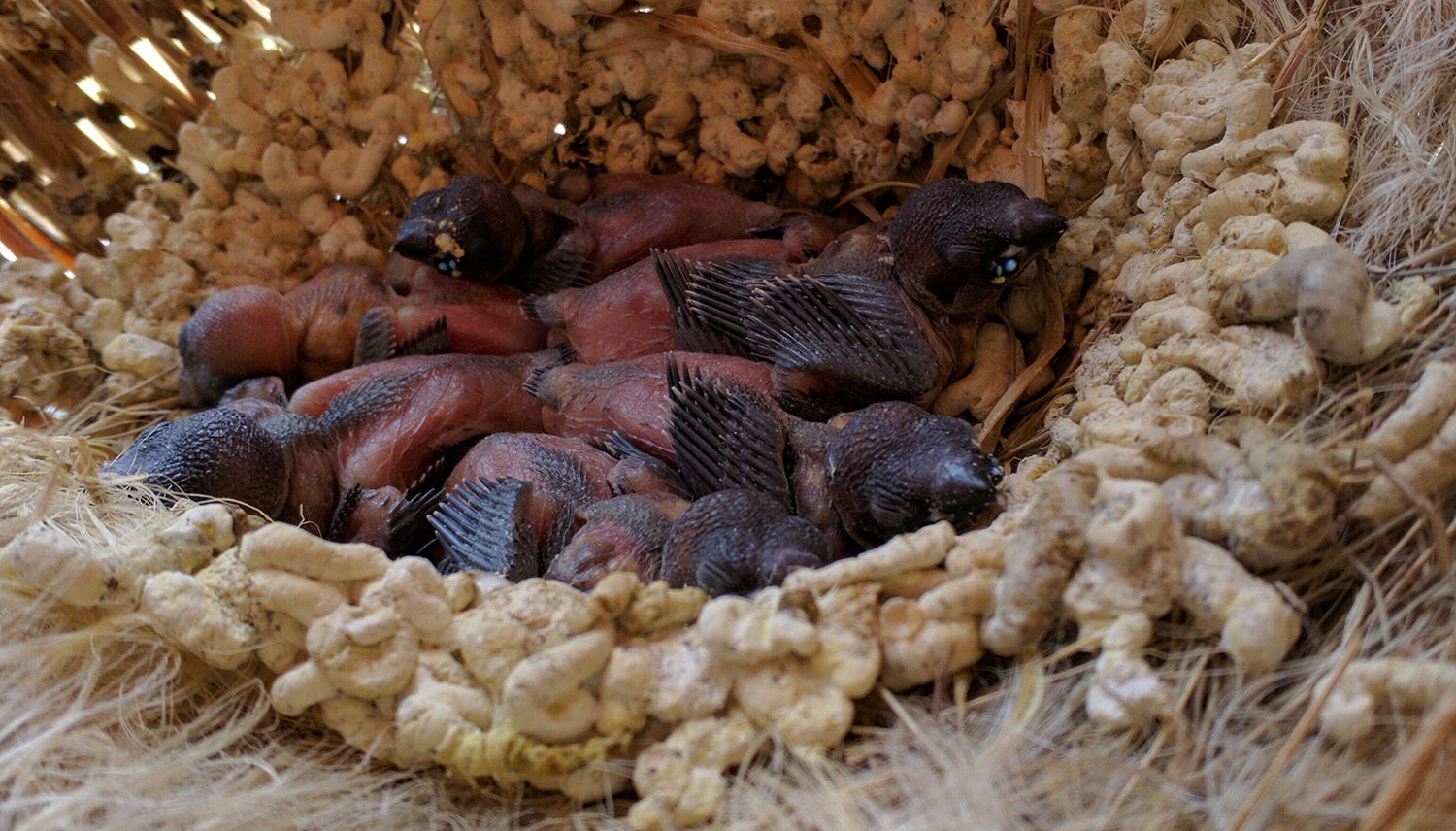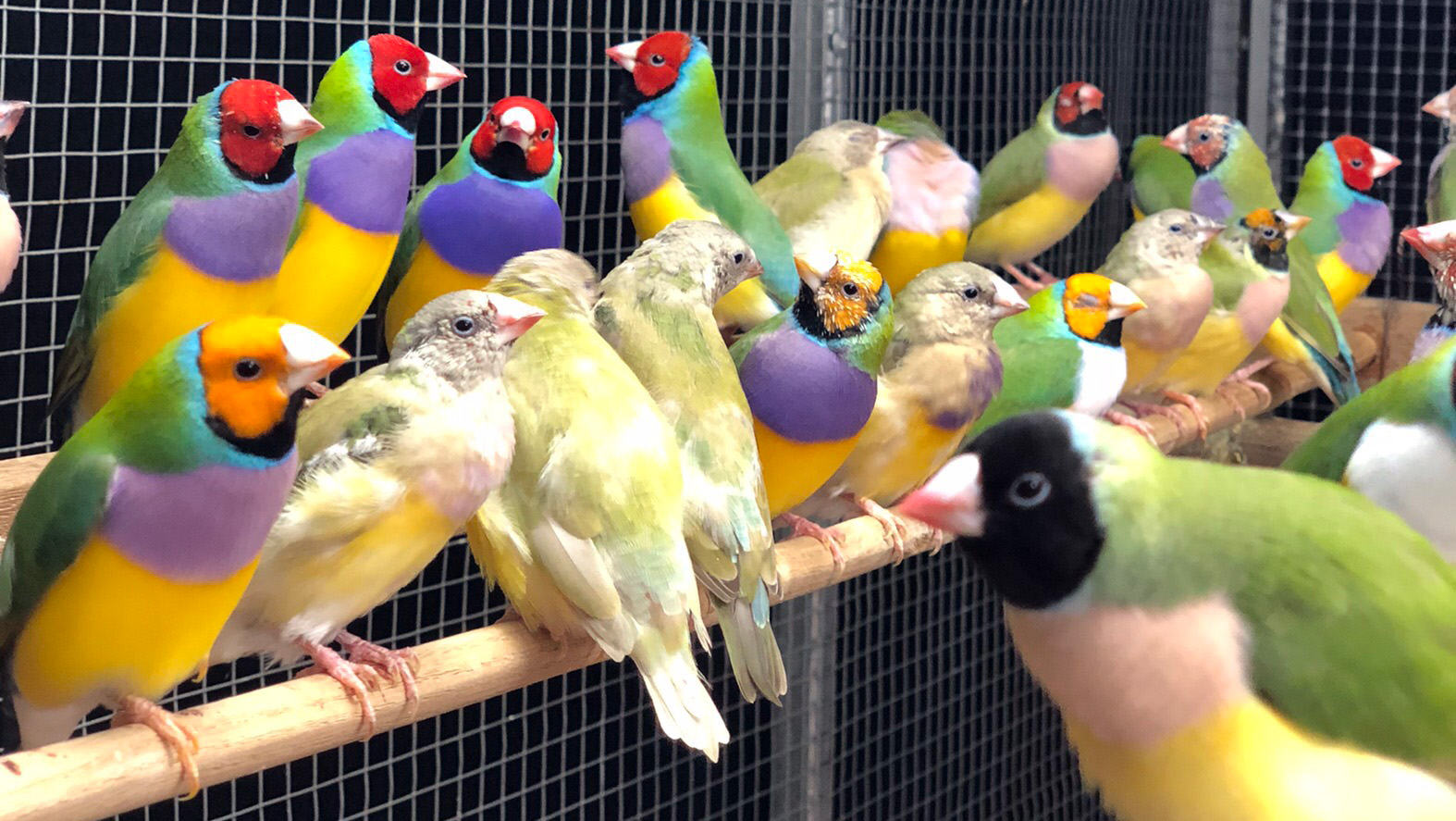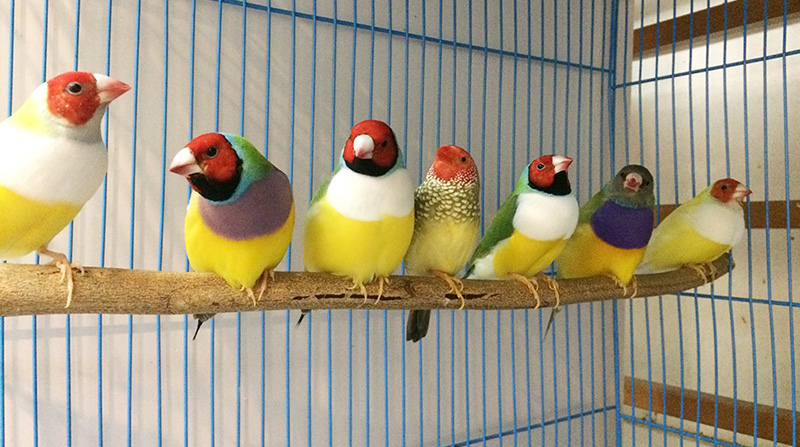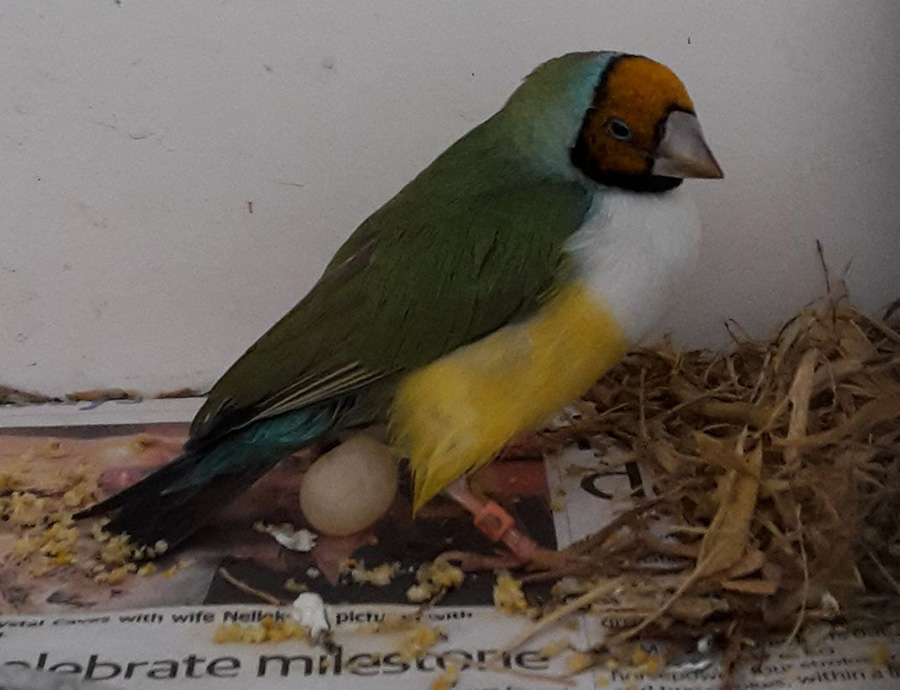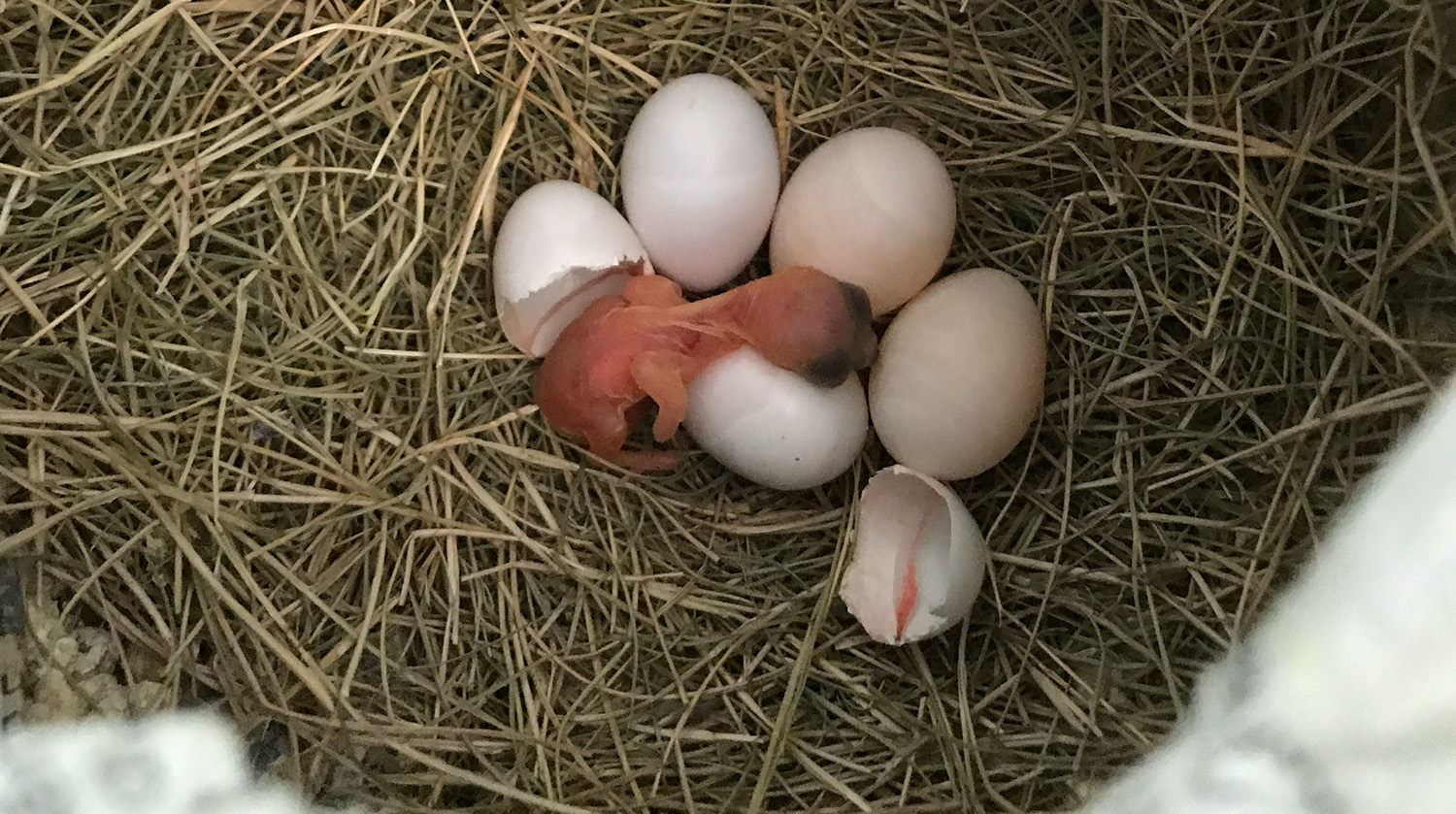
Why Parents Toss Chicks and How to Help
By longnkp / Aug 04 2024 / Breeding
Hello, fellow finch enthusiasts! Today, we're diving into a topic that can be quite concerning for finch owners: chick tossing and nest abandonment. It's heart-wrenching to see these behaviors, but understanding why they happen and how to handle them can make a world of difference. Let’s explore why finches sometimes toss their chicks or abandon their nests and what you can do to help.
Reasons for Chick Tossing or Nest Abandonment
Inexperienced Parents
First up, let's talk about inexperience. Just like us, not all finches are born knowing how to be great parents. Young finches or those that haven't raised a clutch before might panic when their eggs hatch. They don't mean any harm; they simply don’t know what to do. You might see them pecking at the chicks or tossing them out of the nest. Sometimes, they might not even feed their chicks. Over time, with more experience, these finches can learn and become better parents.
Stress Factors
Next, stress is a big factor. Finches can get stressed from territorial rivals, noisy environments, or even too much breeding. If you’re checking the nest too often, that might be stressing them out. Try reducing the frequency of nest checks and see if it helps. Also, if the cage is in a busy area with lots of human activity or loud noises, consider moving it to a quieter spot. Privacy is key! If your finches are overbreeding, removing the nest and giving them a break for a couple of months can make a huge difference.
Illness in Parent Finches
Illness is another culprit. Finches are experts at hiding when they’re sick, but a sick finch won’t be able to care for its chicks properly. If you notice any signs of illness, stop the breeding process and focus on getting your finches healthy again. A sick bird might toss some of its chicks to lighten its load or abandon the entire clutch to care for itself.
Problems with the Clutch
Sometimes, the problem lies with the clutch itself. Trichomoniasis, a protozoal infection, can be passed from parents to chicks, often leading to the chicks' death. Birth defects, sometimes caused by inbreeding, can also lead to chicks being tossed or abandoned. If you suspect inbreeding, check the family history of your finches to avoid future issues.
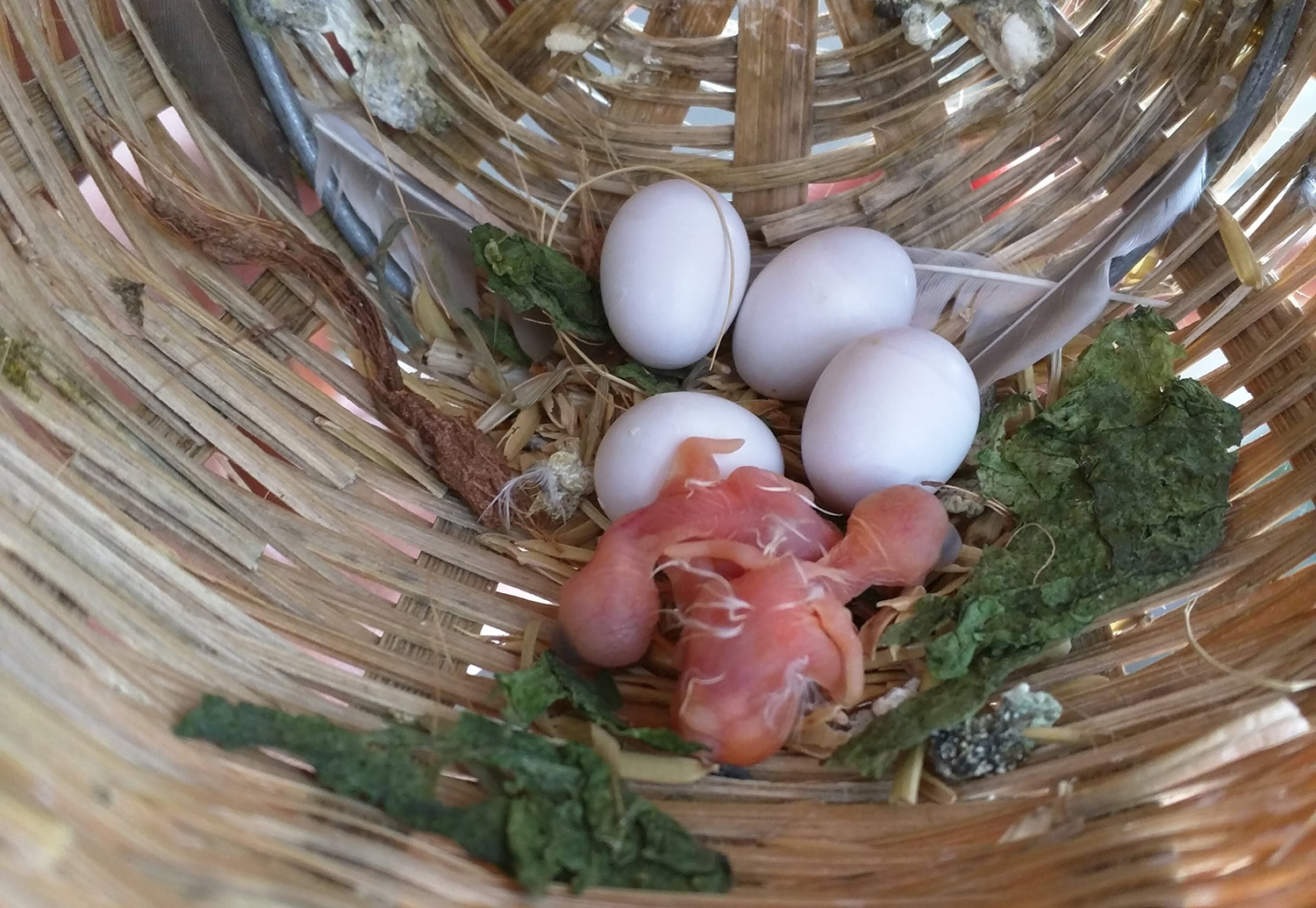
Nest of newly hatched chicks
Recognizing Signs of Abandonment
Chicks on Cage/Aviary Floor
One clear sign of abandonment is finding chicks on the cage floor. They didn’t crawl out themselves, so they were either tossed or accidentally pushed out. If you find a chick, warm it in your hands before placing it back in the nest. If the chick ends up back on the floor, it was likely tossed again.
Parental Absence from the Nest
If the parents are absent from the nest for hours, it’s a sign they might have abandoned it. Don’t panic right away; if the environment is warm, they might not need to brood constantly. However, if several hours pass and they haven't returned, check the clutch. Cold chicks and eggs are a definite sign of abandonment.
Brooding but Not Feeding
Parents might brood their chicks but not feed them, which is hard to observe without disturbing them. To check, note when the eggs are due to hatch and wait 3-4 days. If the oldest chick is still alive, it’s being fed. If not, the parents aren't feeding them.
Handling Abandonment – What to Do and What Not to Do
Why Not to Pull Chicks Immediately
Your first instinct might be to pull the chicks from the nest, but this often does more harm than good. Most people don’t have foster parents ready, and hand feeding is incredibly challenging. Moreover, newborn chicks don't need immediate feeding due to their yolk sac. Most importantly, pulling the chicks prevents the parents from learning to care for their young.
Giving Parents a Second Chance
Instead, give the parents another chance. Put the tossed chick back in the nest, even if it takes several tries. This method often works, and the parents might stop tossing their young.
Using Foster Parents
If reintroducing the chick doesn’t work, having foster parents ready can be a lifesaver. Society finches are excellent foster parents. They’re social and willing to feed almost any chick. However, they need time to acclimate to your home and be ready to nest. Once they start incubating their own eggs, you can swap in the abandoned chicks.
Hand Feeding as a Last Resort
Hand feeding should be the last resort. It’s time-consuming, difficult, and risky. If you decide to hand feed, make sure you’re fully prepared and committed. Research thoroughly beforehand to increase your chances of success. For more information, read the article on "Hand Feeding Finches."
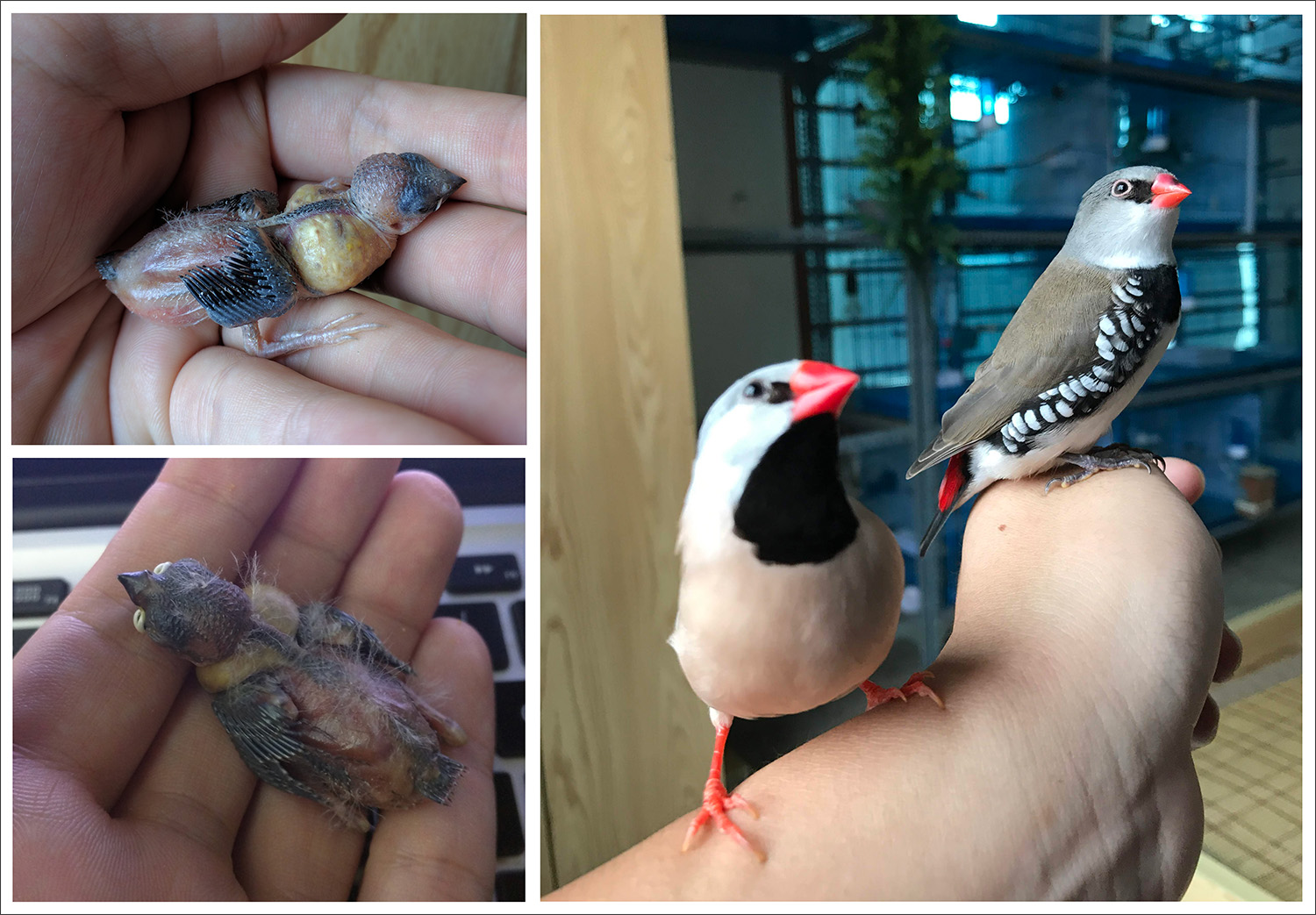
My Diamond Firetail and Long-tailed Finch chicks are being hand-raised
Long-Term Solutions and Prevention
Improving Parent Finches’ Skills
To help your finches become better parents, allow them multiple opportunities to raise their chicks. Monitor their progress and adjust their environment to reduce stress and illness. This way, they can learn and improve their parenting skills over time.
Preventing Future Issues
To prevent future issues, focus on reducing stress and maintaining healthy breeding practices. Avoid inbreeding, and regularly check the health of your finches. Providing a calm, stable environment will go a long way in helping your finches become successful parents.
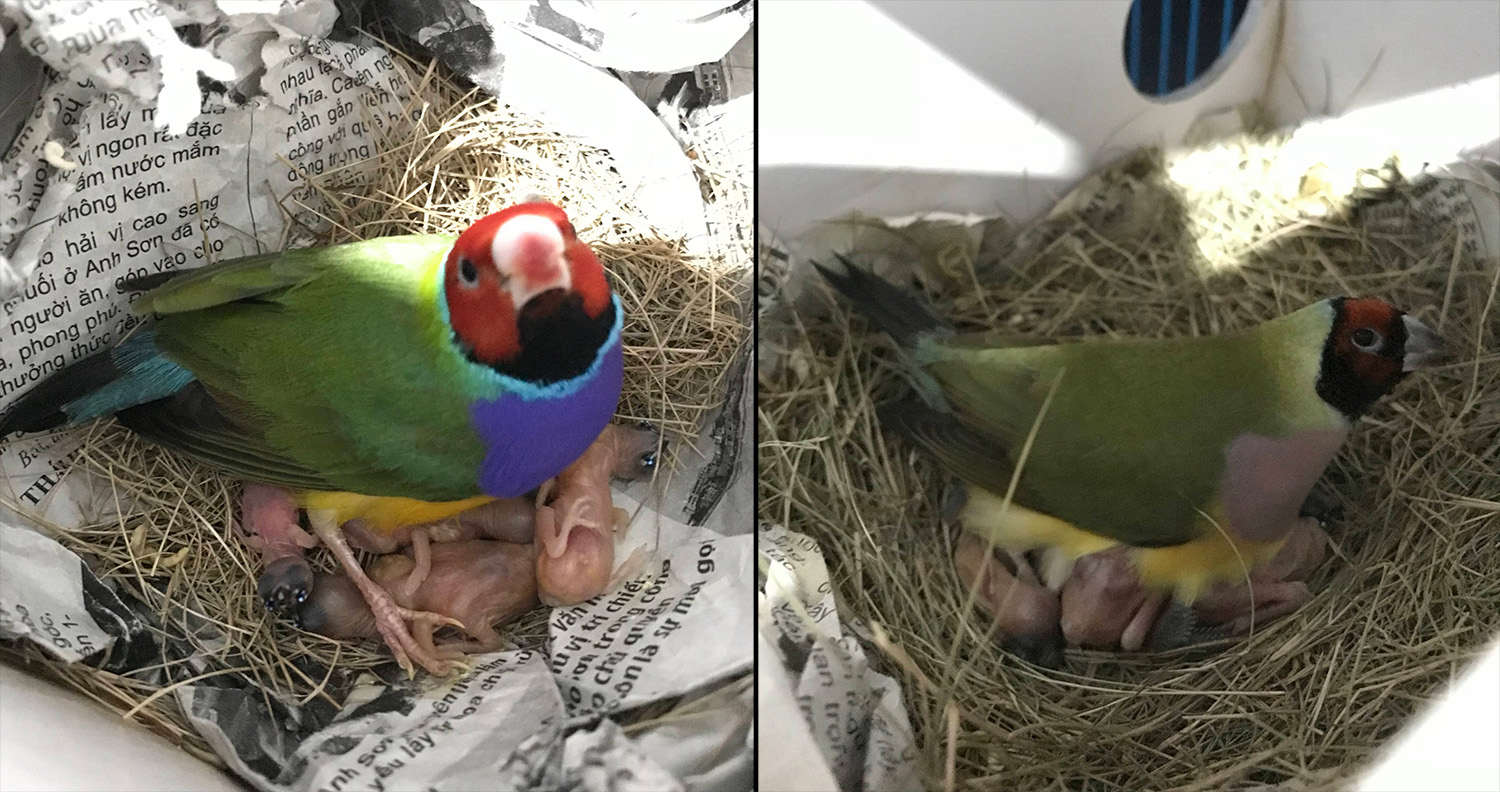
Gouldian parent protect their baby
Conclusion
Understanding chick tossing and nest abandonment is crucial for any finch owner. By being patient and persistent, you can help your finches learn to care for their young. Whether it’s minimizing stress, addressing illness, or providing foster parents, there are many ways to support your finches on their parenting journey. Remember, even if they fail initially, each attempt brings them closer to success. Happy finch keeping!
Relative Posts
Recent Posts
- Unlocking the Secrets of Calcium for Healthy Captive Birds
- Hand Feeding Finches
- Why Parents Toss Chicks and How to Help
- Fostering Finches: Ensuring the Survival of Your Feathered Friends
- Sunshine and Finches: A Guide for Indoor Bird Keepers
- Air Sac Mites in Finches: Understanding, Preventing, and Treating
- Introducing New Foods to Your Finch
- Homemade Finch Food Recipes
- Choosing Breeding Gouldian Finch Pairs
- How to Choose a Nest Box for Your Finches

